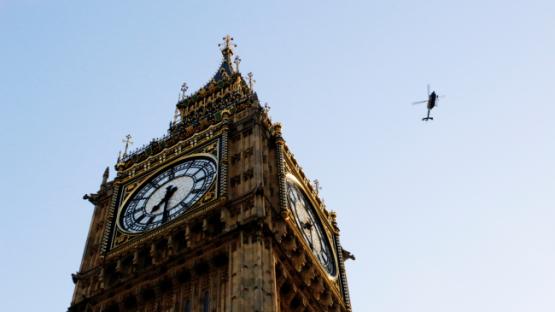
Photo by Camilla Bundgaard on Unsplash
Following PI’s landmark Supreme Court win in 2019, we will be back in court on 8 and 9 December 2020 to resume our long-running fight against the UK government’s wide-ranging hacking and property interference powers.

Photo by Camilla Bundgaard on Unsplash
The case stems from a 2016 decision by the Investigatory Powers Tribunal (IPT), the UK tribunal tasked with examining complaints against the UK intelligence services, that the UK government could lawfully use sweeping ‘thematic warrants’ to engage in computer hacking of thousands or even millions of devices, without any approval by a judge or individualised reasonable grounds for suspicion. Thematic warrants are general warrants covering an entire class of property, persons or conduct, such as “all mobile phones in London”.
The Government argued that it would be lawful in principle to use a single warrant signed off by a Minister (not a judge) to hack every mobile phone in a UK city. The IPT agreed with the Government, finding that the use of thematic warrants was lawful under both UK law and the European Convention on Human Rights.
We will be challenging the decision of the IPT before the High Court on public law grounds. We argue that allowing the UK government to use general warrants would be against long established UK legal principles and the European Convention on Human Rights.
Caroline Wilson Palow, Legal Director at PI, said:
“Hacking into someone’s phone or computer without them knowing is intrusive. Hacking into or interfering with the property of literally thousands or millions of people is extraordinarily intrusive. It is a major assault on the UK’s constitutional tradition, which for over 250 years has held that such intrusions cannot be authorised at this scale.”
Notes to editors: